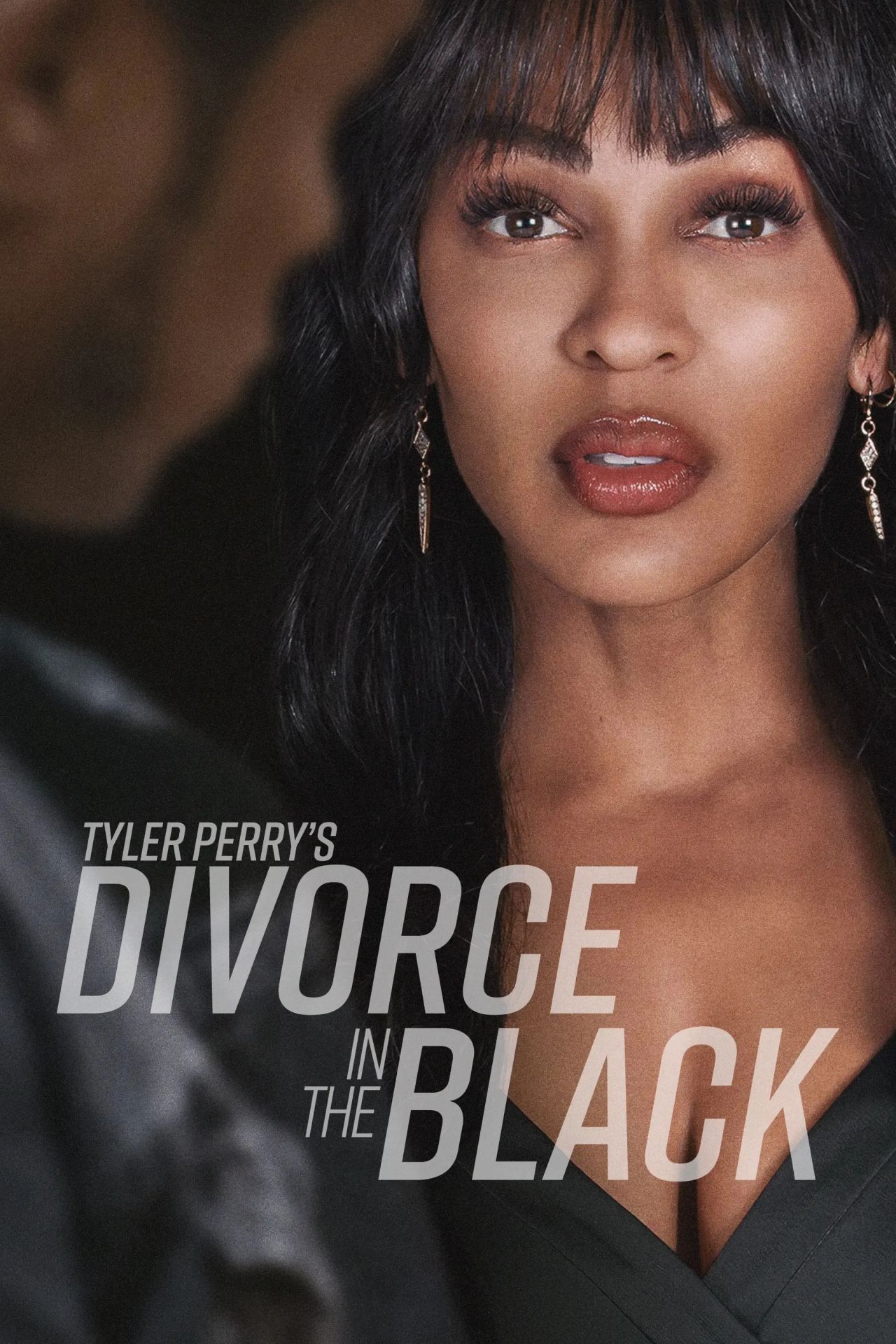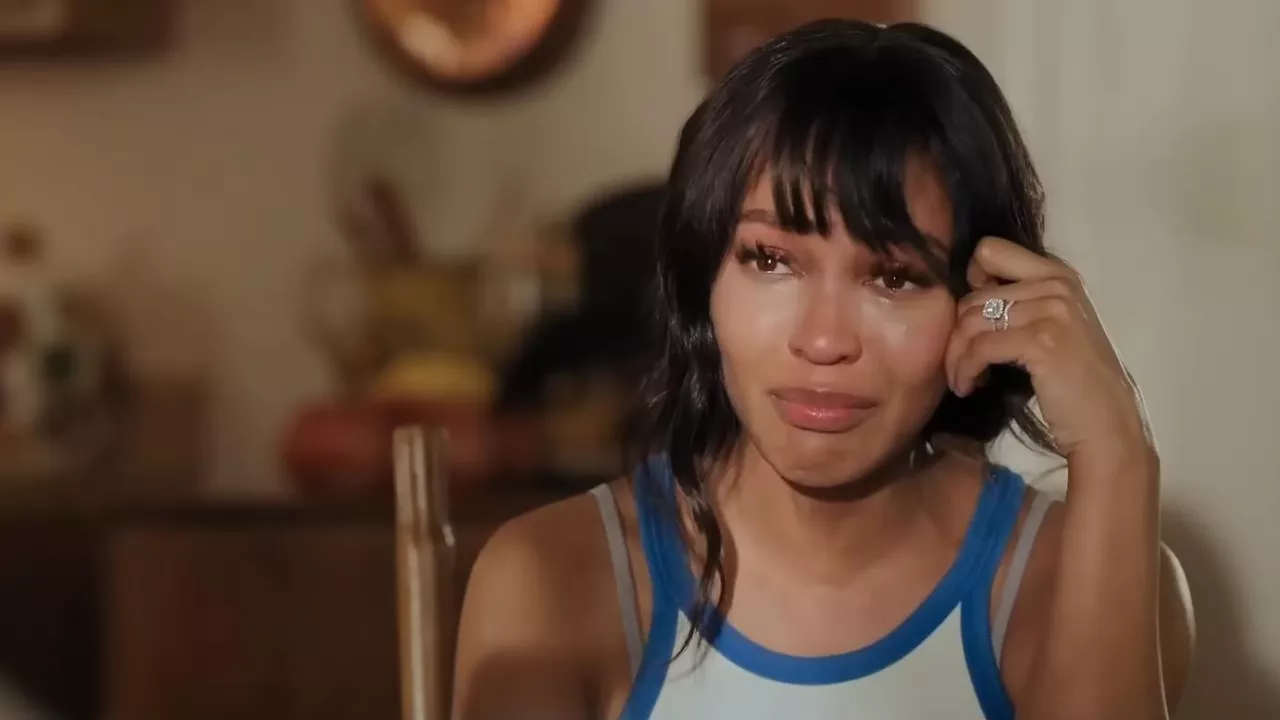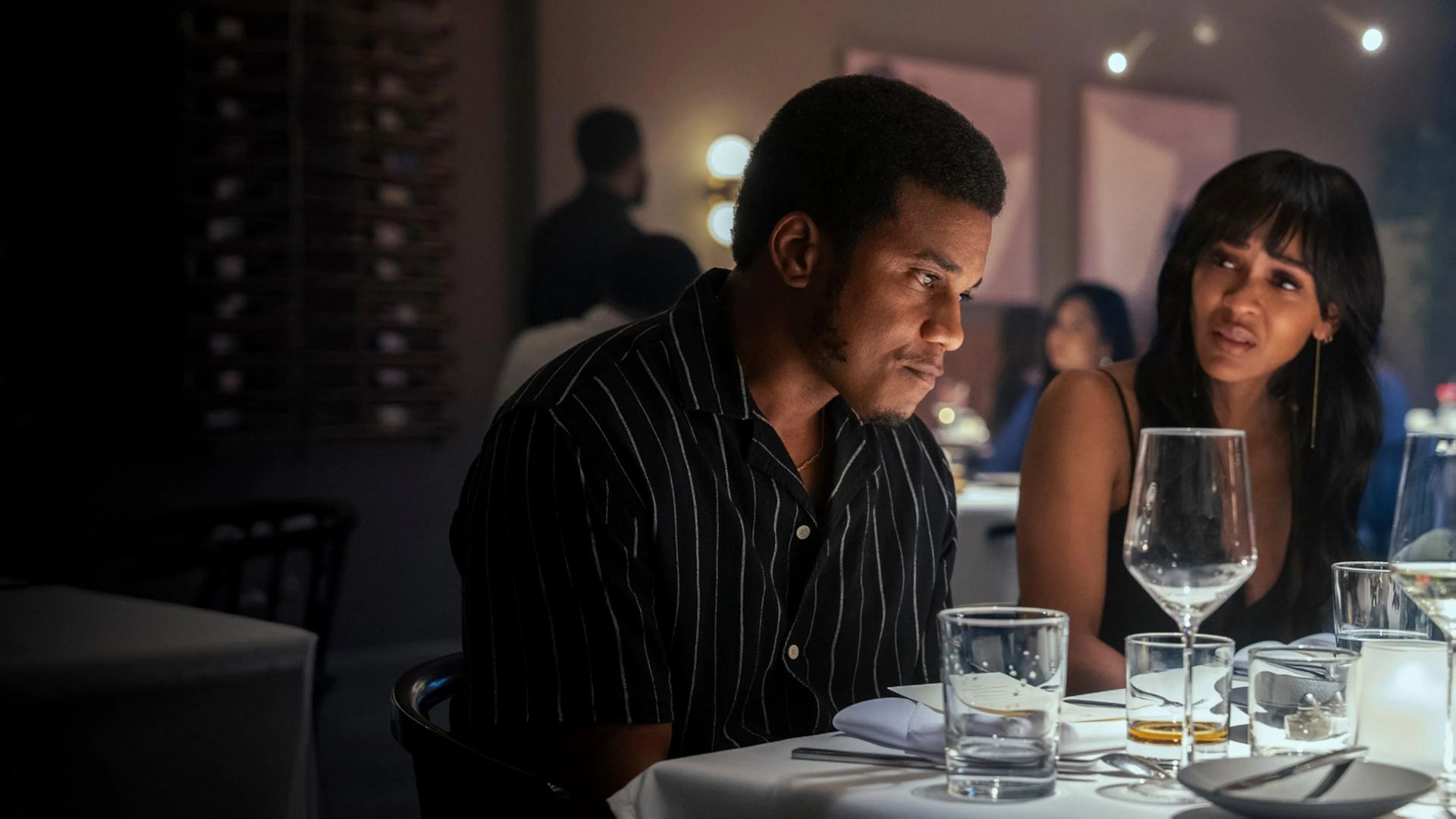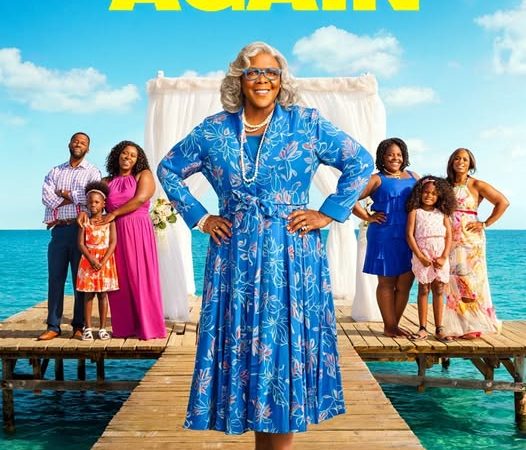🎬 Tyler Perry’s Divorce in the Black 2 (2025): Marital Trauma, Gender Politics, and the Silent Rebirth of the Black Woman
Some films don’t just tell stories—they excavate the wounds that society politely ignores. Divorce in the Black 2 isn’t merely a sequel. It is a quiet but unflinching indictment of injustice—specifically the kind that wears a familiar face: the systemic erasure of Black women’s voices in the aftermath of marriage.
If Part One was the scream buried behind closed doors, Part Two is the whisper of survival. Ava (Meagan Good) is no longer the desperate wife. She is a mother reconstructing her life, a woman slowly relearning how to love herself after the storm.

🧨 Divorce is not the end of love—it’s the beginning of a deeper social cruelty
Tyler Perry doesn’t just direct films—he builds spaces where every detail breathes social critique. Ava’s battle is not only with her ex-husband, Dallas (Cory Hardrict), but also with the deeply rooted cultural assumption that a divorced woman is somehow “less than.” Less desirable. Less trustworthy. Less stable.
The tragedy lies in the double standard: the better a mother she is, the more she has to prove she’s worthy of custody. Meanwhile, all a man has to do is show up—and he’s labeled “responsible.”

⚖️ The courtroom: a cold stage where women are dissected for the very sacrifices they were once praised for
Divorce in the Black 2 does not flinch. It exposes emotional abuse, manipulation, psychological exhaustion, and the wrenching ambiguity of co-parenting with someone who weaponizes your past. Dallas is no longer just an ex-husband—he becomes the embodiment of a man who can’t let go, not out of love, but out of a need to retain control over the woman he no longer owns.
The courtroom scenes are not legal debates; they are excavations of trauma. Ava’s every word, every pause, every flicker of pain is a testament to the millions of women who were told to “stay calm” while quietly breaking inside.

🌱 Therapy, sisterhood, and stillness—the quiet instruments of healing
There are no grand rescue scenes. No magical turnarounds. Ava saves herself, slowly and with immense courage. The introduction of a new character played by Tika Sumpter doesn’t serve as a side plot—it mirrors a growing collective: Black women choosing to uplift one another instead of competing for survival.
The most radical moment in the film is not in court. It’s when Ava walks into a therapist’s office. Not because she’s weak—but because she’s strong enough to name her trauma without shame.

🖤 A finale that chooses truth over perfection—because freedom is not about winning, it’s about release
Ava doesn’t get everything. But she reclaims something greater: her right to define herself. When she chooses what’s best for her daughter rather than succumbing to vengeance, she doesn’t lose—she evolves.
That’s the kind of victory only those who’ve truly suffered can understand.

📌 Disclaimer:
As of this writing, Divorce in the Black 2 (2025) has not been officially confirmed by Tyler Perry Studios or Amazon Prime Video. The circulating trailers may be fan-made or conceptual. Still, the emotional and political power of the narrative resonates deeply—imagined or not.
This is a story people are yearning to see: a film that dares to be honest, that refuses to romanticize divorce, and that gives the Black woman not just an exit—but a voice.

✍️ Whether real or speculative, Divorce in the Black 2 has already become a symbol of something greater than cinema:
a fight to be heard, to be believed, and to live fully—even after breaking apart.
This is a fan-made conceptual trailer for Divorce in the Black 2 (2025)—not an official release, but it reflects the audience’s deep desire to see Ava’s story continue.



